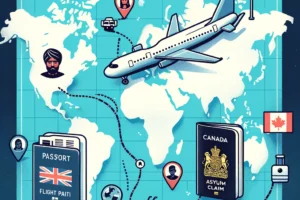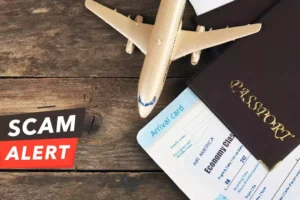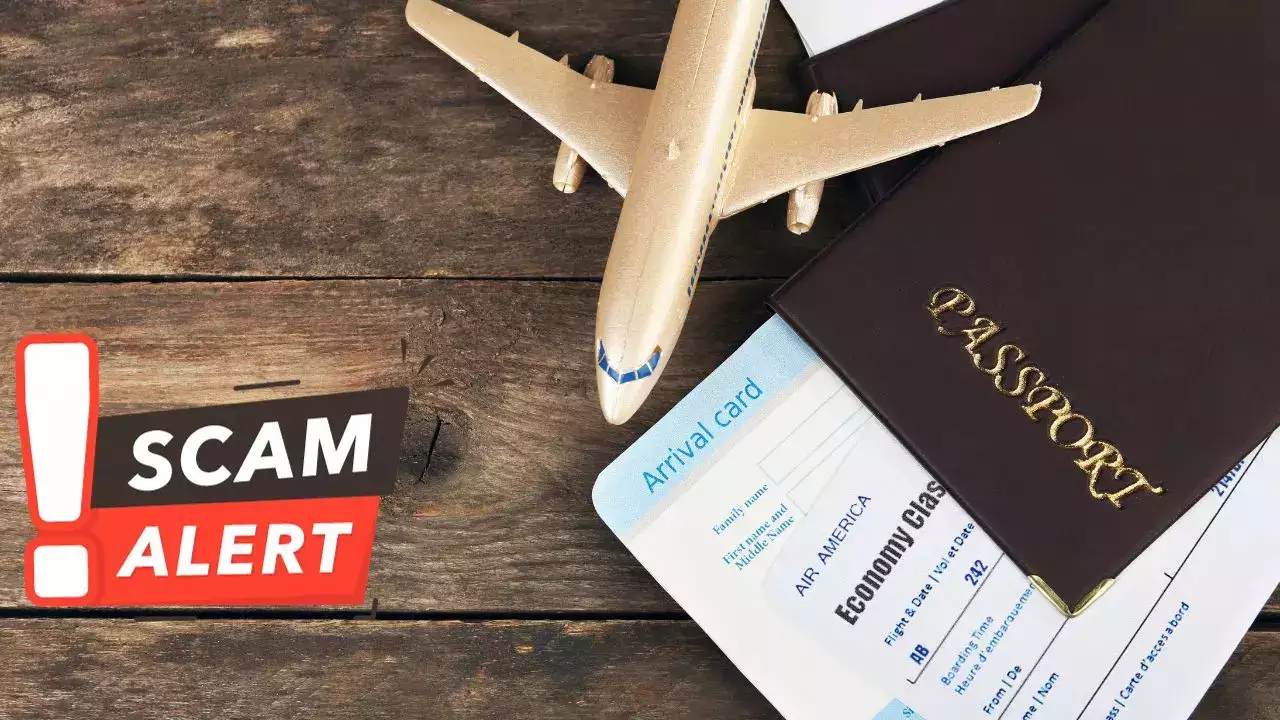As global trade continues to grow, international shipping has become a routine part of doing business — but with that convenience comes risk. Scammers are increasingly targeting cross-border shipments, preying on individuals and companies unfamiliar with the complexities of international logistics. Whether you’re a business owner or someone making a personal purchase from abroad, being aware of these scams is the first step toward protecting yourself.
One of the most important precautions you can take is verifying the legitimacy of the shipping company you plan to use. Don’t just rely on a sleek website — take time to read customer reviews, ask for references, and confirm that the company has a proven track record. Sticking with well-known freight forwarders and logistics providers is always a safer bet. Alongside this, it’s critical to use secure payment methods. Avoid wiring money to unknown companies, especially if they’re pressuring you for quick payment. Instead, opt for traceable transactions using credit cards or secure payment platforms that offer fraud protection.Another common tactic scammers use involves unsolicited emails or phone calls claiming there’s an issue with your shipment. These messages often ask for additional payments or sensitive personal information. If you ever receive a message like this, don’t respond immediately. Instead, reach out to the shipping company using contact details from their official website or your original transaction confirmation. It’s always better to verify than to fall victim to a scam.

Understanding the import and export regulations of the countries involved in your shipment can also help you avoid trouble. Knowing what’s normal — and what’s not — can make it easier to spot red flags, such as demands for unexpected payments or requests for extra documentation that doesn’t align with standard customs procedures.When it comes to avoiding scams, the details really matter. For example, working with reputable freight forwarders can help ensure that your goods are transported securely and on time. A strong supply chain with clear oversight can reduce the risk of errors and fraud, while well-managed warehousing and distribution processes provide an extra layer of protection, especially for high-value items. Staying on top of your logistics — from dispatch to delivery helps keep things transparent and minimizes the chance of interference.
In the end, shipping internationally doesn’t have to be risky if you’re prepared. The key is staying informed, being cautious, and not letting your guard down. If something feels off whether it’s an odd payment request, a delayed shipment with a strange excuse, or a company you can’t quite verify — take a step back and investigate. And if you ever suspect you’ve been targeted by a scam, don’t keep it to yourself. Report the incident to the appropriate authorities and share your experience with others to help prevent further losses in your community.
International shipping can be seamless and secure — as long as you take the right steps to protect yourself. Stay sharp, do your homework, and trust your instincts.










